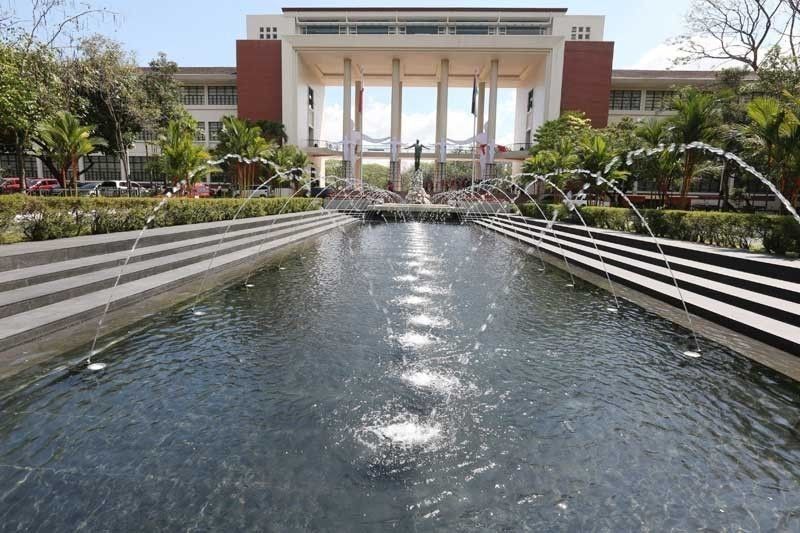UP moves opening of 2nd sem to March

MANILA, Philippines — Instead of the usual January schedule, the University of the Philippines has moved the start of its second semester to March due to the impact of the coronavirus pandemic and the recent typhoons that affected some of its students.
The university on Thursday released its academic calendar for the second semester, which will begin on March 1 and end on June 19 next year.
The midyear term, meanwhile, will start on July 5 and end on Aug. 26.
Both term schedules include the finals period, as well as the reading or wellness breaks to provide students time to catch up with their classes or recover in the middle of the semester.
The schedule was among those approved during last Thursday’s meeting of the UP Board of Regents (BOR), the highest policymaking body of the university.
The BOR rejected the call of the faculty and students to end the first semester, instead approving the proposal to adopt more “flexible academic measures” such as a no-fail policy.
According to a memorandum issued by UP vice president for academic affairs Maria Cynthia Rose Bautista, the current semester will end as scheduled next month.
However, the deadline for the submission of grades is moved to Jan. 22 to give students more time to complete requirements and the faculty more time to grade them.
Considering the impact of the typhoons and the pandemic, Bautista said no grade of 4 (conditional fail) or 5 (fail) will be given this semester.
Faculty members were also prohibited from forcing students to drop on the basis of non-attendance of synchronous classes or non-communication within the semester.
But unlike last semester when faculty members were allowed to give students a grade of “Pass,” the memorandum said UP will revert to the numerical grading system this semester.
The university said students have been provided course packs to enable independent learning, adding that many need numerical grades for scholarships, licensure examinations, future studies and employment requirements.
UP also urged faculty members to continue calibrating their course requirements with the current conditions in mind.
“Course requirements may be further reduced to the essentials of a course and no additional course requirements should be specified,” said the university.
“Faculty members may conduct bridging academic activities before the extended deadline for the submission of grades, provided the students in their course agree to these,” it added.
In the memorandum, Bautista recognized that the first semester was extremely challenging, citing the difficulties faced by students and faculty following the shift to distance learning.
“Academic units had to redesign programs, balance student demand for course slots with the faculty’s appeal for smaller classes and rush requests for funds to cover resources for remote teaching and learning,” she said.
“Faculty members have had to cope with an inordinate amount of work, from designing learning activities and planning course requirements, selecting course materials, to preparing course packs with course and study guides and resource materials,” she added.
Students, said Bautista, had to grapple with an overwhelming amount of readings and requirements in the courses they have to remotely attend.
“Additionally, they have had to adjust to the different timeframe and rhythm of independent and remote learning without much preparation, while studying in homes and environments that may have poor internet connectivity, occasional power outages and may not be conducive to learning,” added the university.
Despite these, officials decided to reject the calls to immediately end the semester, which was supported by thousands of students, faculty and staff within the university system.
“The representation of the student regent and faculty regent echoed our pleas and grievances to the board. It is highly notable that in only a number of limited days, student-led strikes and petitions were able to gather momentous support and solidarity from the UP community,” the office of student regent Isaac Punzalan said in a statement on Thursday.
“Students are being left behind due to remote learning challenges and economic limitations brought by the pandemic and recent typhoons,” it added.
- Latest
- Trending






























